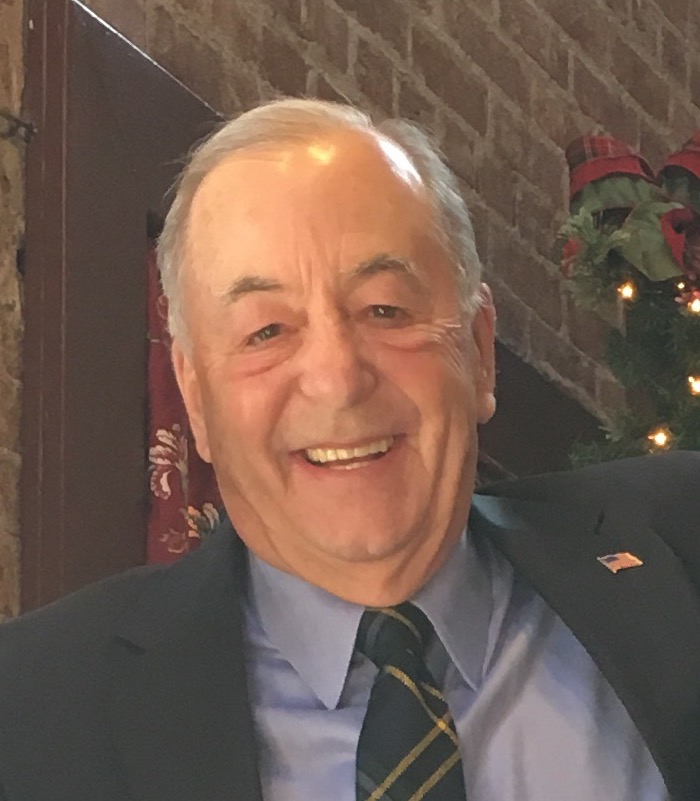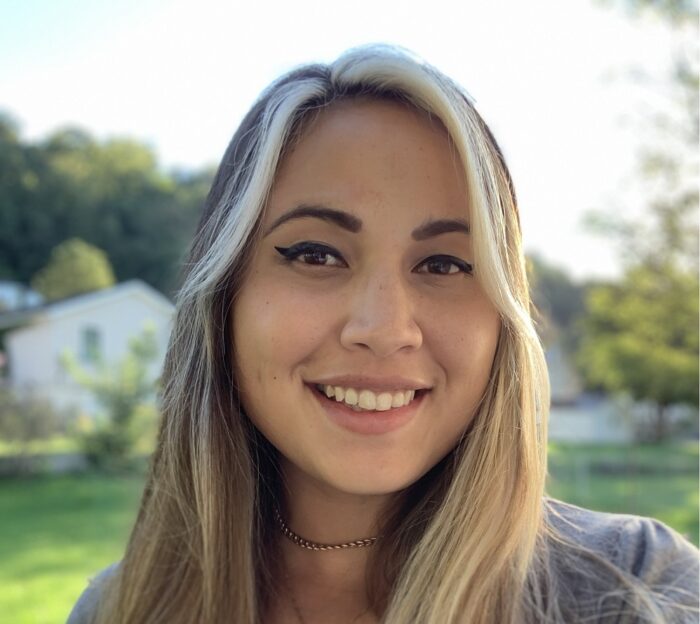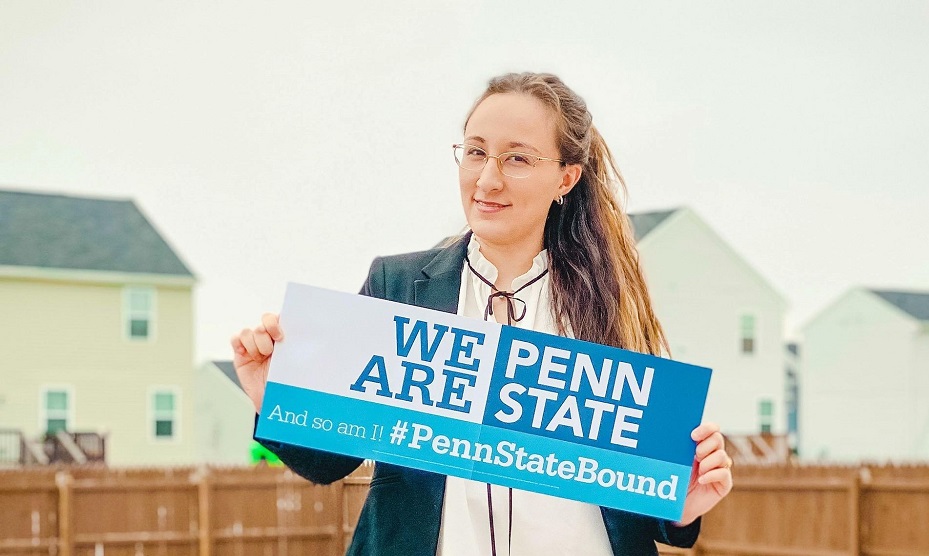
Degree and graduation year: Associate Degree in Science in Business Administration, 2003.
Current Hometown: Franklin Park, PA — a borough just north of Pittsburgh — where I am a councilman on my third term.
What/where is your current career and workplace?
I spent more than 40 years in the stainless steel and specialty alloy scrap business. I was involved in operations, sales, and upper management, managing multimillion-dollar operations. I traveled extensively in Asia, primarily in Korea, Taiwan, and China. I also spent a small amount of time in Europe. Having retired as general manager of a large stainless operation in Louisville, KY, I decided that retirement was not in my DNA and started my new career as a reporter for American Metal Market (AMM), covering the industry where I spent most of my career. I write market reports and editorials, do interviews, have published several articles in American Metal Market Magazine, and do all of the stainless steel and alloy pricing for most of North America. I am working on writing a book about my career and also hope to write a fictional novel. I work in Pittsburgh and hope to continue doing this for a very long time.
What does a typical workday look like for you?
I decided about a year ago, after many years of high stress in the business world, to cut back on my daily activities that required deadlines. However, that is not to say I am not very busy. A typical day for me as a journalist requires me to email, call, and meet with companies in the scrap metal industry to find out what they pay for various types of scrap metal, primarily in the stainless steel and nickel alloy sector. The area for this pricing includes the United States and Canada and involves over 50 types of materials that are traded in the industry daily. In these interviews, metals markets and commodities are discussed, along with the many economic factors that surround the metals industry that have an impact on pricing. It is very much like the stock market — where have we been, where are we today, and how do things look in both the short- and long-term future.
In addition to what I write during my part-time prescribed hours, I also write as a freelance writer, primarily for AMM, enabling me to continue to write various articles for publication and get paid on a per-word basis. So, I continue to work a pretty full schedule, but now have a great deal of latitude that allows me to work freely with very little stress.
I love my work, am very happy with the many experiences I have accumulated over my work life, and continue to enjoy being a part of the circle of life as a reporter.
How did you get into the field you are currently working in?
I was working in Louisville, KY as general manager of a $75 million stainless steel and nickel alloy division, servicing several major stainless mills in the United States. I loved this job, but the commodity markets were very weak and the economic climate was difficult at best. The board of directors decided that the amount of money needed to operate this division was too much and decided to downsize, shutting down this part of the company. I was commuting for two years, so I came home and did some brokering for a short period of time. One day, the former president of the company in Louisville called me. He had always been very impressed with the writing that he had experienced in my reports, market reports, and business plan. He suggested I contact American Metal Market and apply for a job as a reporter.
How has Penn State World Campus impacted your career?
Penn State World Campus has opened many doors for me. Being a Penn State graduate is one of the best things that has happened to me during my business career. The education I received was a critical part of my success. I use what I learned almost every day.
What are some of the challenges you faced when you were a World Campus student? How did you overcome these challenges?
One thing I did was to come to University Park every time I had an exam and it seems that every time I did, I was in a different building around campus. I went to Pattee Library and I went to concerts. I made sure I studied in the Corner Room, went to the HUB, and got to Baby’s for a late-night burger.
Additionally, raising a family and working full time presented a challenge, so managing my time was a critical part of getting through Penn State World Campus.
Do you stay connected with Penn State? How do you stay connected?
I currently serve on the Advisory Board of Penn State Greater Allegheny. I am also vice president of the Penn State World Campus Alumni Society and a member of the Pittsburgh chapter of the Penn State Alumni Association.
What is some advice that you would give to current Penn State World Campus students?
I think the hardest part of Penn State World Campus for students is to stay the course. It is so important to keep going because what awaits all graduates is opportunity that pays huge dividends. It may seem like a long time while you are doing it, but it is a very short time compared to all the gains that await a Penn State graduate.



